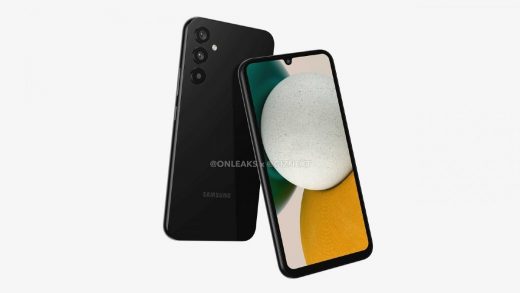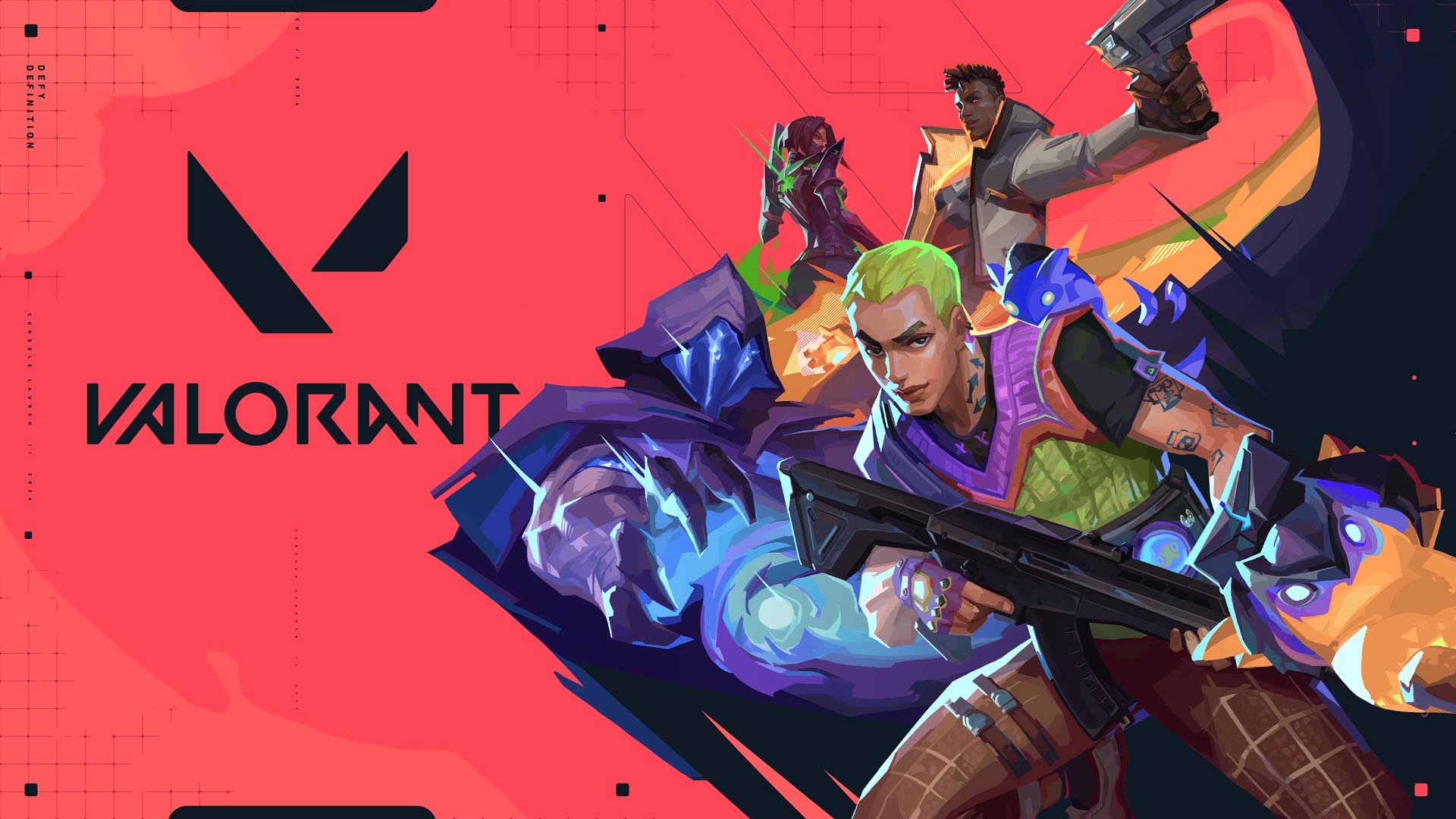
Valorant enters Open Beta on Xbox… today! It comes ahead of a full console launch that brings some major bonuses for Game Pass members. Having been lucky enough to have had a chance to play it at Riot’s Los Angeles studio, it’s clear that this is no simple port – the team has meticulously retooled this modern classic team shooter for Xbox.
For those unfamiliar, Valorant follows in the genre footsteps of competitive shooters like the legendary PC title Counter-Strike. Unlike that game’s military-themed setting, however, Valorant is set on a futuristic version of Earth, where players pick from a variety of Agents rooted in a specific culture, location and visual style. Beyond their weaponry, each is equipped with a distinct set of tactical skills that can be used for things like gathering intel, reinforcing areas, scouting enemy positions, breaking through defenses, and dominating territories in various ways.
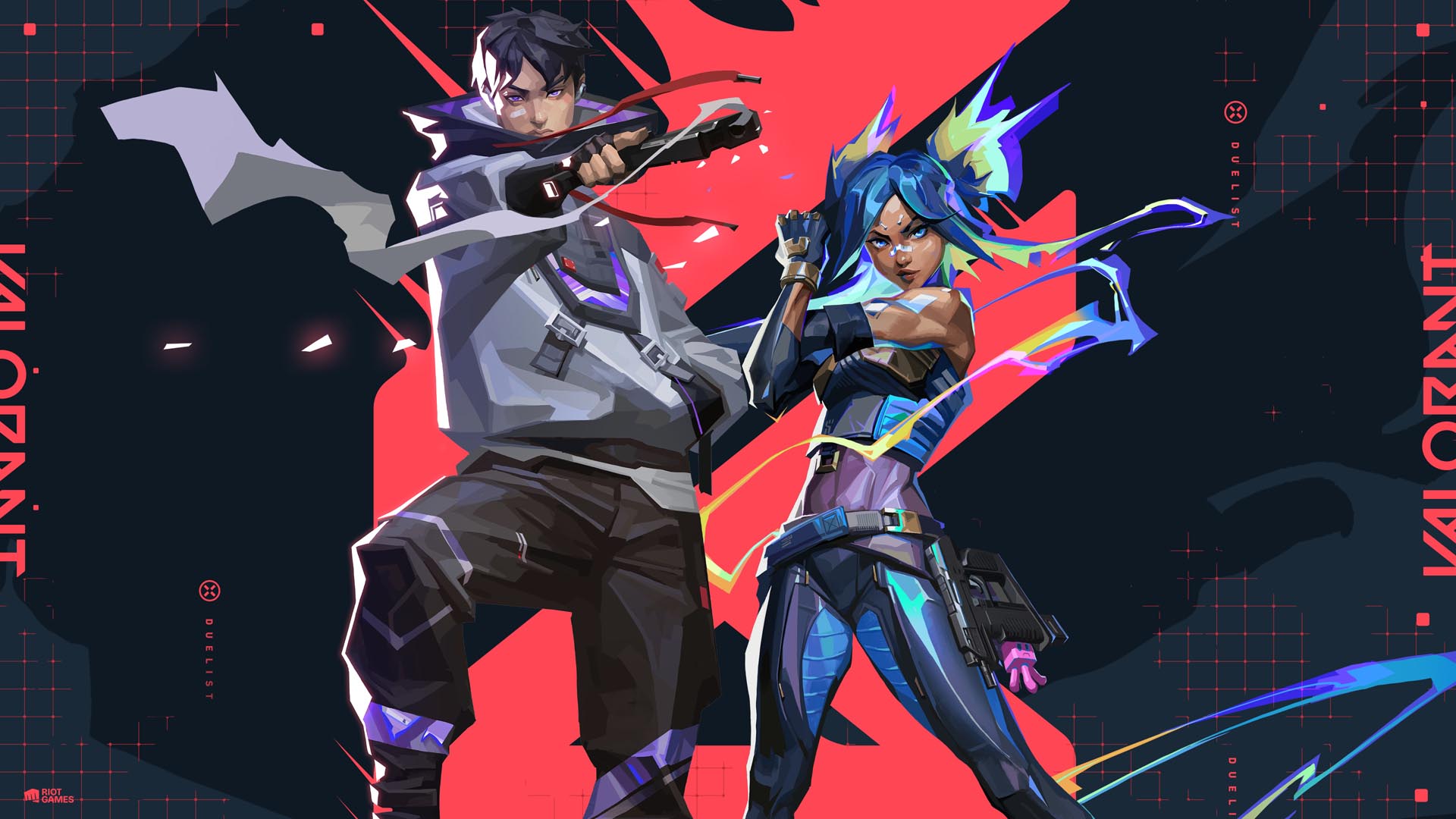
It offers a deft mix of dynamic action and tactical considerations, driven by kinetic gunplay and the creative use of unique player abilities. All of this adds up to a highly skill-based but also highly strategic shooter, which has kept the Valorant community vibrant – and the game ever-evolving – since its PC debut in 2020.
Riot is sparing no effort in bringing the title to Xbox. Primarily, that comes through reproducing the finely-tuned balance that’s made the PC title such a hit – the team went through many iterations of translating the original mouse-and-keyboard controls to gamepad input. Perhaps the landmark new feature in this regard is what’s being called Focus mode.
On PC, Hip-Fire is the primary shooting mode, and Aim-Down-Sights is a secondary, supporting mode; the team experimented with multiple adaptations and gamepad sensitivities to try to accurately reproduce this on console, but never found a combination they were completely happy with. Hip-Fire didn’t feel the same, and the player didn’t have the same range of possibilities; the result was an overall dampened level of player expressiveness.
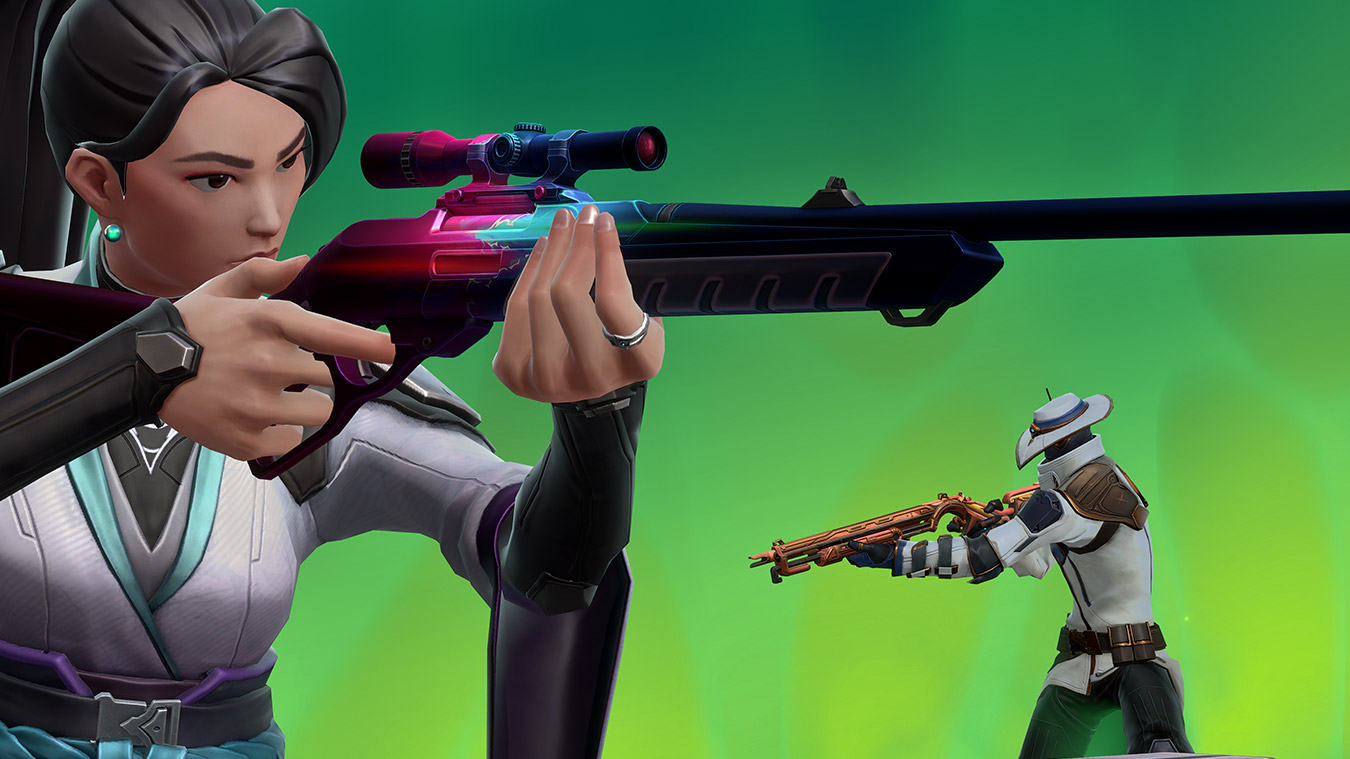
Enter Focus, a new shooting mode that functions much like Hip-Fire, but with reduced sensitivity. This lets players shoot from the hip whenever they need speed in moving both their camera and aim (think: peeking around corners and dodging) but with the ability to utilize Focus mode whenever they need to pull off a precise, calibrated headshot. Some of the Agent abilities have been adapted for the new input controls, and various tunings across the board have all contributed to the team’s number one priority: capturing the dynamic pacing and mechanically expressive feel of the original.
It’s worth noting that while there will be cross-play across consoles, cross-play will not be available between PC and console player matches; this is primarily due to a focus on maintaining the title’s competitive integrity, given the control changes required to bring the game to console. There will, however, be shared cross-progression across PC and console, meaning that your inventory will carry over—if you unlock skins on PC or on console, they’ll work across the two. Battle Pass, likewise, will maintain progress on both versions.
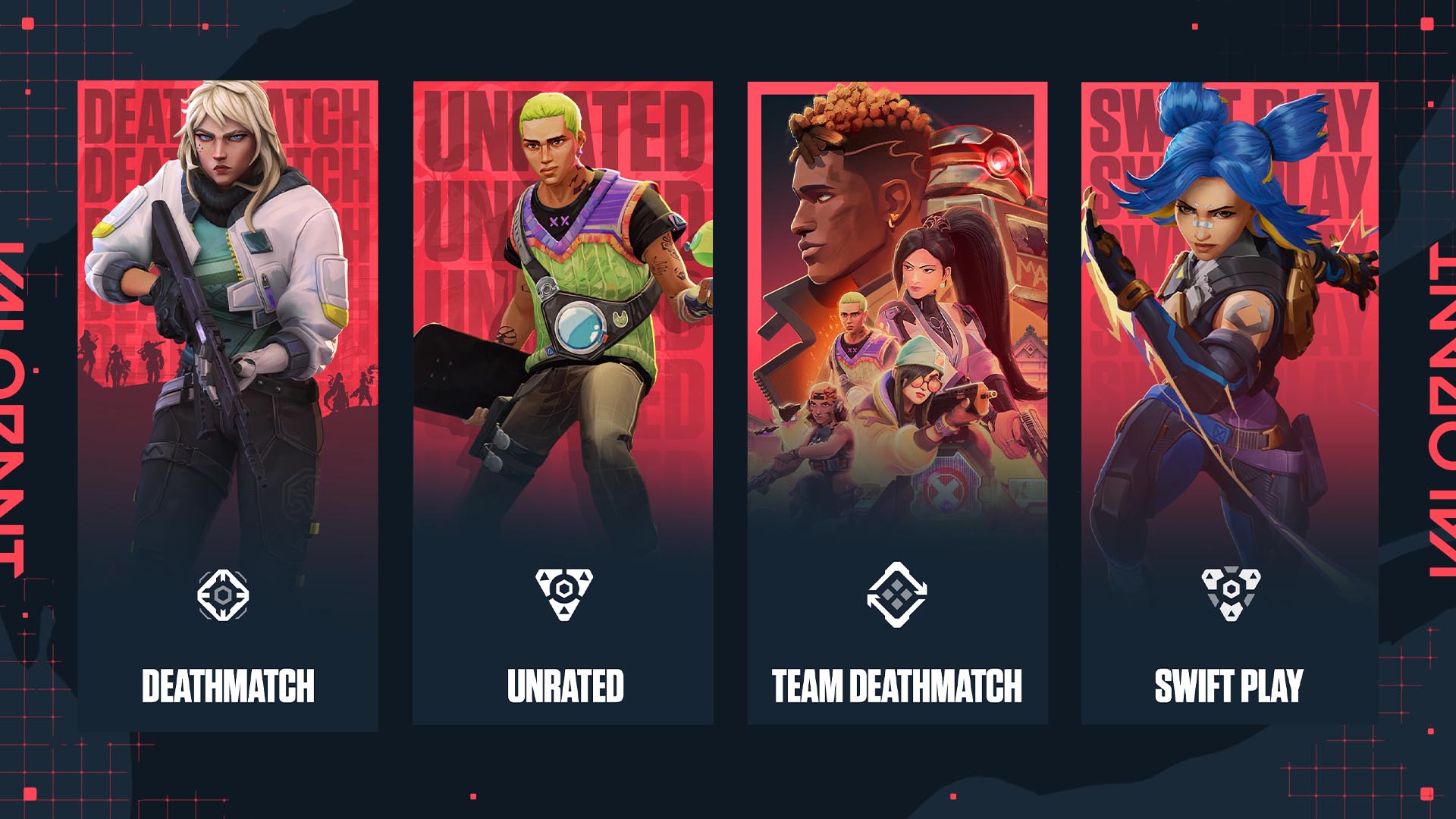
In terms of content, Valorant on Xbox maintains 1:1 continuity with everything the PC title has accrued since launch: all maps, weapons, modes and characters are included (and, with a Game Pass membership, you unlock every Agent released so far, as well as any new additions on day one). The game has received countless updates and tweaks since its debut, and all of this polish will therefore be available in the day one build on Xbox.
Jumping in on Xbox Series X, Valorant feels immediately familiar and playable with Xbox controller input. In the game’s standard mode (dubbed “Unrated”), two teams compete in a points-based 5v5 format, taking turns attacking and defending positions across six maps. As in Counter-Strike, players can buy guns, armor, and abilities at the start of each round, and careful strategy in this phase is essential for achieving the most effective loadouts possible.
The game’s punchy, colorful visuals feel at home on big living room TV screens, and everything runs at a silky-smooth framerate. Most importantly, the game feels great with the Xbox controller, from running and gunning to scoring a clutch headshot in Focus mode.
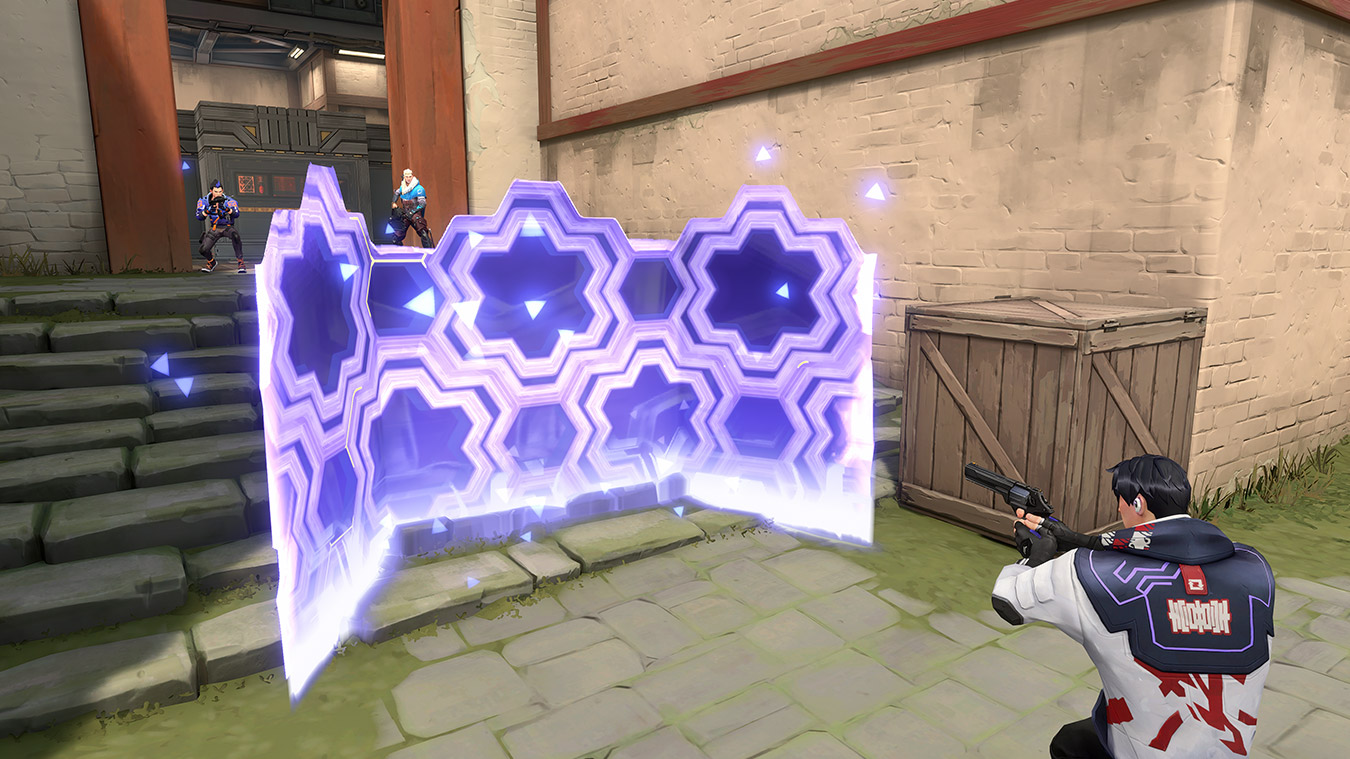
As with Counter-Strike, Valorant’s seemingly simple mechanics and structure belie an extremely deep, strategic experience. While it’s an easy game to pick up for anyone with experience playing first-person shooters, there’s a lot beneath the surface: learning all of the 24 current characters’ abilities and eccentricities, the 15 unique maps, and achieving both the muscle memory and strategic exploits required to win entail a level of dedication that has certainly helped give the game its long tail.
Indeed, Valorant’s console release speaks to Riot’s hope that this long tail will keep extending itself. “We’re getting to the starting line as we like to say,” says executive producer Andy Ho. “This is a game that we don’t have an end date in mind for. We want to invest in it on an infinite horizon, so that players feel like their investment into the game is always going to be worth it.”
Valorant begins its Xbox Series X|S Open Beta today. In Open Beta and the full launch version, Game Pass members will unlock all Agents.


